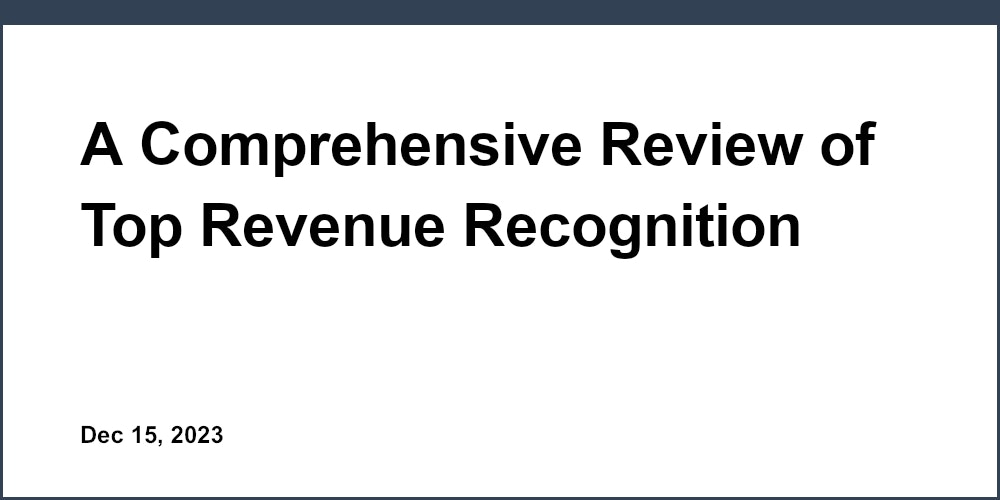Starting a new job in the accounting field can be an exciting and overwhelming experience. With so many technical terms and jargon used daily, it's common to feel lost and confused, especially for new employees. Having a good understanding of basic accounting terms is crucial to your success and your ability to contribute to your company's financial goals. This article serves as a guide to help new employees in accounting firms refresh their knowledge of common accounting terms and concepts. Whether you're looking to brush up on your skills or just starting, this glossary will be a valuable resource to keep on hand.
Accounts Payable - The money a business owes to its creditors for goods and services purchased on credit.
Accounts Receivable - The money owed to a business for goods or services provided but not yet paid for.
Accrual Accounting - The method of accounting that records revenues and expenses when they are earned or incurred, regardless of when payment is received or made.
Asset - Anything of value that a business owns or controls and that can be used to generate future economic benefits.
Balance Sheet - A financial statement that shows a company's assets, liabilities, and equity at a given point in time.
Bookkeeping - The process of recording a company's financial transactions, including purchases, sales, receipts, and payments.
Cost of Goods Sold (COGS) - The cost of the goods that a company sells, including the cost of materials, labor, and overhead.
Credit - An entry in an account that increases liabilities, equity, or revenue or decreases assets or expenses.
Debit - An entry in an account that increases assets or expenses or decreases liabilities, equity, or revenue.
Depreciation - The allocation of the cost of a tangible asset over its useful life.
Equity - The residual interest in the assets of a company after deducting liabilities.
Financial Statements - Reports that summarize a company's financial activities, including the income statement, balance sheet, and cash flow statement.
General Ledger - A record of all the financial transactions of a company.
Income Statement - A financial statement that shows a company's revenues and expenses over a period of time.
Journal Entry - A record of a financial transaction that includes the accounts affected, the amounts involved, and the date of the transaction.
Liabilities - Debts owed by a company to its creditors.
Net Income - The profit or loss of a company after all expenses and taxes have been deducted from revenues.
Payroll - The process of paying employees, including calculating and withholding taxes and other deductions.
Reconciliation - The process of comparing two sets of records to ensure they agree.
Revenue - The income earned by a company from its normal business activities.
Trial Balance - A report that lists all the accounts in the general ledger and their balances to ensure that debits equal credits.
Although this glossary provides a comprehensive list of accounting terms, it is not exhaustive. With the advent of the AI revolution and the continuous development of cloud-based software, new terms, and protocols are emerging regularly. To stay up-to-date with the latest developments, it's crucial to remain vigilant about industry updates and be open to new protocols or processes that emerging tools may introduce.
Remember, the more you come across and use these terms, the more likely you are to remember them. So, keep practicing and applying accounting principles, and you'll become an expert in no time!
>> Ready to start hiring? Fill out the form and one of Vintti's account executives will contact you within 24 hours.
Kevin Mitchell, CPA
Senior Manager and CPA with over 20 years of experience in accounting and financial services, specializing in risk management and regulatory compliance. Skilled in managing audits and leading teams to deliver exceptional services. Proud father of two.
Sources
- Investopedia
- Accountingcoach.com
- AllAccounting-
Paysimple.com




